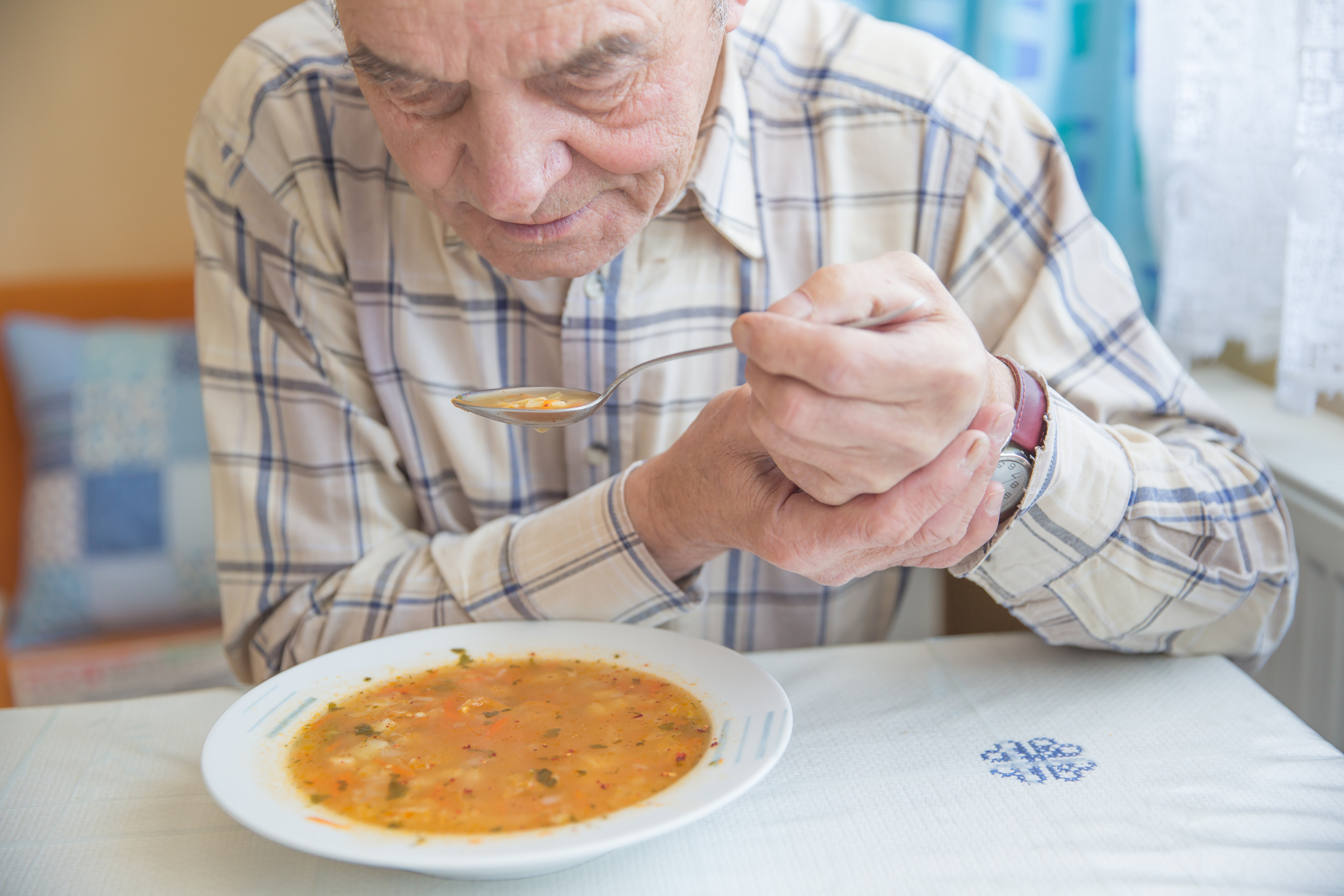
7 foods to help you stop Parkinson
Parkinson’s disease is a neurological disorder with symptoms that can include tremors, stiffness, and difficulty with balance and coordination. While there is no cure for Parkinson’s disease, certain dietary habits may help manage symptoms and improve overall well-being. Here are seven foods that may be beneficial for individuals with Parkinson’s:
- Fruits and Vegetables: Consuming a variety of fruits and vegetables provides essential vitamins, minerals, and antioxidants that support overall health. Aim for a colorful assortment, including berries, citrus fruits, leafy greens, and cruciferous vegetables like broccoli and Brussels sprouts.
- Omega-3 Fatty Acids: Foods rich in omega-3 fatty acids, such as fatty fish (salmon, mackerel, sardines), flaxseeds, chia seeds, and walnuts, have anti-inflammatory properties that may help reduce inflammation in the brain and support neurological health.
- Legumes: Legumes like beans, lentils, and chickpeas are excellent sources of protein, fiber, and nutrients such as folate and magnesium. These nutrients support overall health and may help regulate mood and cognition.
- Whole Grains: Incorporating whole grains such as oats, brown rice, quinoa, and whole wheat bread into your diet provides fiber and nutrients that support digestive health and steady energy levels. Whole grains can also help regulate blood sugar levels, which is important for individuals with Parkinson’s disease.
- Turmeric: Curcumin, the active compound in turmeric, has potent anti-inflammatory and antioxidant properties. Some research suggests that turmeric may help protect brain cells and reduce inflammation associated with Parkinson’s disease.
- Green Tea: Green tea contains polyphenols, compounds with antioxidant and neuroprotective properties. Drinking green tea regularly may help reduce inflammation and oxidative stress in the brain, potentially benefiting individuals with Parkinson’s disease.
- Nuts and Seeds: Nuts and seeds are rich in nutrients such as magnesium, zinc, and vitamin E, which support brain health and may help protect against neurodegenerative diseases. Incorporate a variety of nuts and seeds into your diet, including almonds, walnuts, sunflower seeds, and pumpkin seeds.
In addition to these foods, maintaining a balanced diet, staying hydrated, and avoiding excessive alcohol and processed foods can contribute to overall well-being for individuals with Parkinson’s disease. It’s essential to work with a healthcare professional, such as a neurologist or registered dietitian, to develop a personalized diet plan tailored to individual needs and symptoms.
Foods That Prevent Parkinson
- Antioxidant-Rich Foods: Antioxidants help protect cells from damage caused by free radicals, which can contribute to neurodegenerative diseases like Parkinson’s. Include a variety of antioxidant-rich foods in your diet, such as berries (blueberries, strawberries, raspberries), dark leafy greens (spinach, kale), nuts (walnuts, almonds), and colorful fruits and vegetables.
- Omega-3 Fatty Acids: Fatty fish, such as salmon, mackerel, and sardines, are excellent sources of omega-3 fatty acids, which have anti-inflammatory properties and may help support brain health. Plant-based sources of omega-3s include flaxseeds, chia seeds, and walnuts.
- Curcumin (Turmeric): Curcumin, the active compound in turmeric, has potent anti-inflammatory and antioxidant properties. Some research suggests that curcumin may help protect against neurodegeneration and reduce inflammation in the brain, potentially lowering the risk of Parkinson’s disease.
- Coffee: Several studies have found an association between coffee consumption and a reduced risk of Parkinson’s disease. Coffee contains caffeine and other compounds that may have neuroprotective effects and help reduce inflammation in the brain. However, moderation is key, as excessive caffeine intake can have negative effects.
- Green Tea: Like coffee, green tea contains caffeine and antioxidants that may help protect against neurodegenerative diseases. Regular consumption of green tea has been associated with a reduced risk of Parkinson’s disease in some studies.
- Mediterranean Diet: The Mediterranean diet, rich in fruits, vegetables, whole grains, legumes, nuts, and olive oil, has been linked to a lower risk of Parkinson’s disease and other neurodegenerative conditions. This dietary pattern emphasizes healthy fats, lean proteins, and a variety of plant-based foods, providing a wide range of nutrients that support brain health.
- Whole Grains: Whole grains like oats, brown rice, quinoa, and whole wheat provide fiber, vitamins, minerals, and antioxidants that support overall health and may help reduce inflammation in the body and brain.
See More on Video

The Migraine And Headache Program By Christian Goodman This program has been designed to relieve the pain in your head due to any reason including migraines efficiently and effectively. The problem of migraine and headaches is really horrible as it compels you to sit in a quiet and dark room to get quick relief. In this program more options to relieve this pain have been discussed to help people like you.